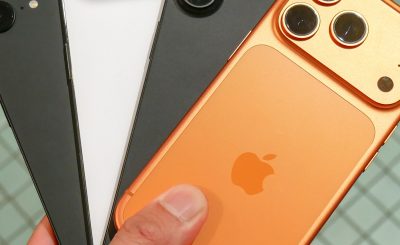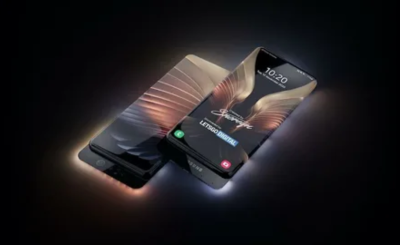Views: 11
Apple Issues New Warning For Millions Of iPhone Users
Yesterday, Apple was caught red-handed. The company has admitted that the settings in millions of iPhone users are misleading about their use of location data, and promised to fix it.

The admission, issued to TechCrunch, follows research published by security specialist Brian Krebs, which reveals Apple’s new iPhone 11 range is seeking information about their location even when users have specifically changed the phone’s privacy settings to stop this from happening. Something that Krebs notes violates the company’s own privacy policy.
Update 12/7 – 9to5Mac has confirmed through carriers that iOS 13.3 will be released next week. It is expected to bring Apple’s promised fix for this problem, as well as support for FIDO2 security keys and new parental controls for limiting Phone, Message, and FaceTime usage based on contact and time.
In response, Apple initially dismissed the finding (which Krebs documented in a video, embedded below) as “expected behavior”. But today the company has changed its tune, warning users that the range’s new Ultra Wideband chip is behind the background checks:
“Ultra wideband technology is an industry standard technology and is subject to international regulatory requirements that require it to be turned off in certain locations,” said Apple in its statement. “iOS uses Location Services to help determine if an iPhone is in these prohibited locations to disable ultra wideband and comply with regulations.”
Apple states that “The management of ultra wideband compliance and its use of location data is done entirely on the device, and Apple is not collecting user location data.” Something that initial research backs up.
What will raise eyebrows, however, is Apple’s next course of action. Having claimed it had to follow international regulatory requirements, the company now says it will enable these background location checks to be disabled in an upcoming iOS update. Which means they didn’t need to be done in the first place.
Needless to say, Apple should’ve just come clean in the first place, and this will raise suspicions among those who are protective of their privacy. Especially as it comes just months after Apple admitted it hired contractors to secretly listen to Siri audio snippets recorded by owners’ iPhones.
Although anonymised, a whistleblower revealed they heard clips which included private medical information, drug deals, and recordings of couples having sex. Apple subsequently apologised, shut down the centre, and promised to give users a privacy setting which would enable them to delete their Siri recordings in a future iOS update. That duly arrived in the form of iOS 13.2.
Personally speaking, I think there are enough differences between these new background location checks and the Siri recordings that users should be less concerned this time around. That said, when the company’s own Privacy Page states, “At Apple, we believe privacy is a fundamental human right,” it sets itself a high bar. And, along with transparency, it is one of the company has fallen below again.
Source: News Now.








You must be logged in to post a comment.